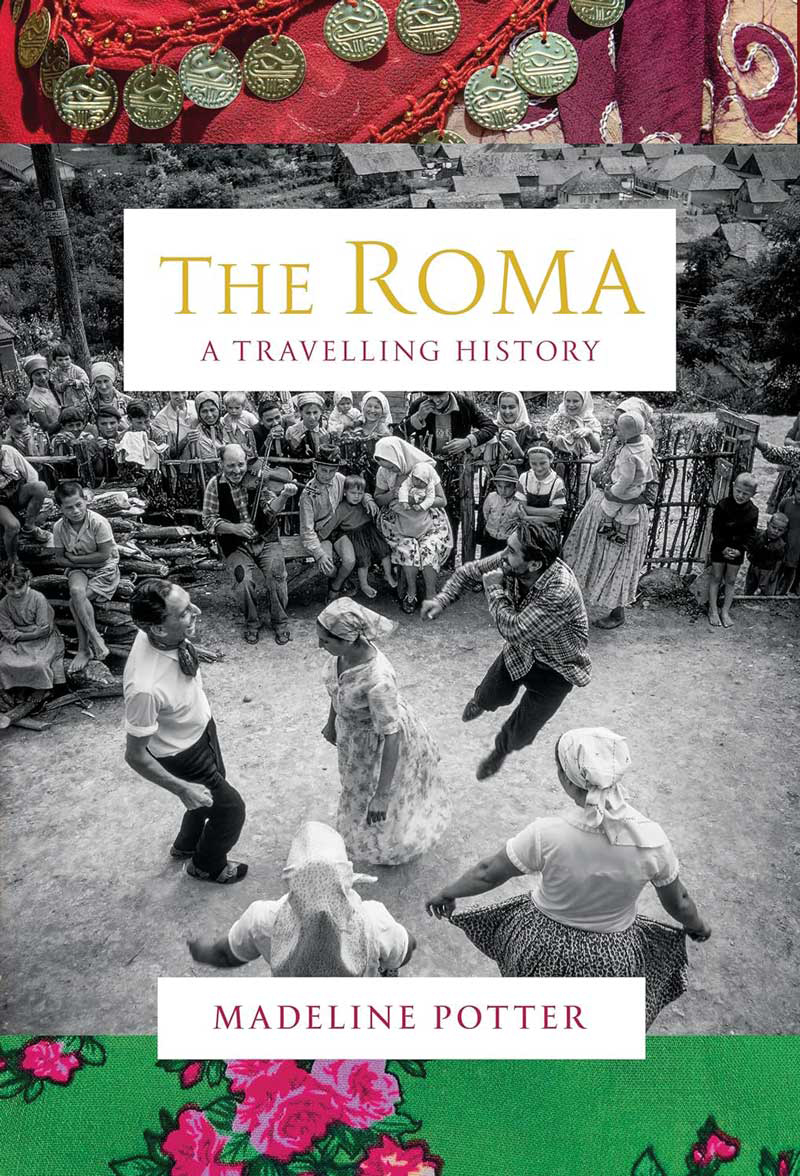When it comes to the Roma: is the word ‘gypsy’ a slur? There is no one answer to this, and that’s partly because there is no single Romani group. Romani history and identity is varied, and takes different shapes depending on the country they’ve settled in.
Romani presence in Britain dates back to the 16th century. Waves of Romani migration followed in the 20th and 21st centuries: after the fall of the Iron Curtain, and when Romania and Bulgaria joined the EU in 2007.
The Roma themselves are a people with many subgroups: the division goes by ‘nation’, or natsya, and then there are smaller subdivisions still, the vitsa, the community, the family. There are the Kalderash, spread across the Balkans, who make up a significant proportion of recent migrants from eastern Europe; there are the Lovara, traditional horse traders in the region of Hungary; and there are, of course, the Romanichals, or Romany Gypsies as they’re often known in Britain. There are many others too.
The answer to that loaded question about ‘gypsy’ will depend, then, on who you ask. For some, it’s a preferred term; for others, offensive. But the issue is less about its connotations, and more about its meaning, or how it’s used.

The term was originally linked to the Roma. Short for ‘Egyptian’, it stems from the belief that the Roma had originated in Egypt rather than northern India. What’s more, ‘Egyptian’ is a term that pops up across different territories: the Spanish term gitano, for example, is similarly derived from a term for ‘Egyptian’. But in the English language, it’s taken on a life of its own.
Over time, it became associated with the concept of nomadism. This change has created the idea that a ‘gypsy’ is someone who chooses a certain lifestyle, rather than belonging to an ethnic group.











